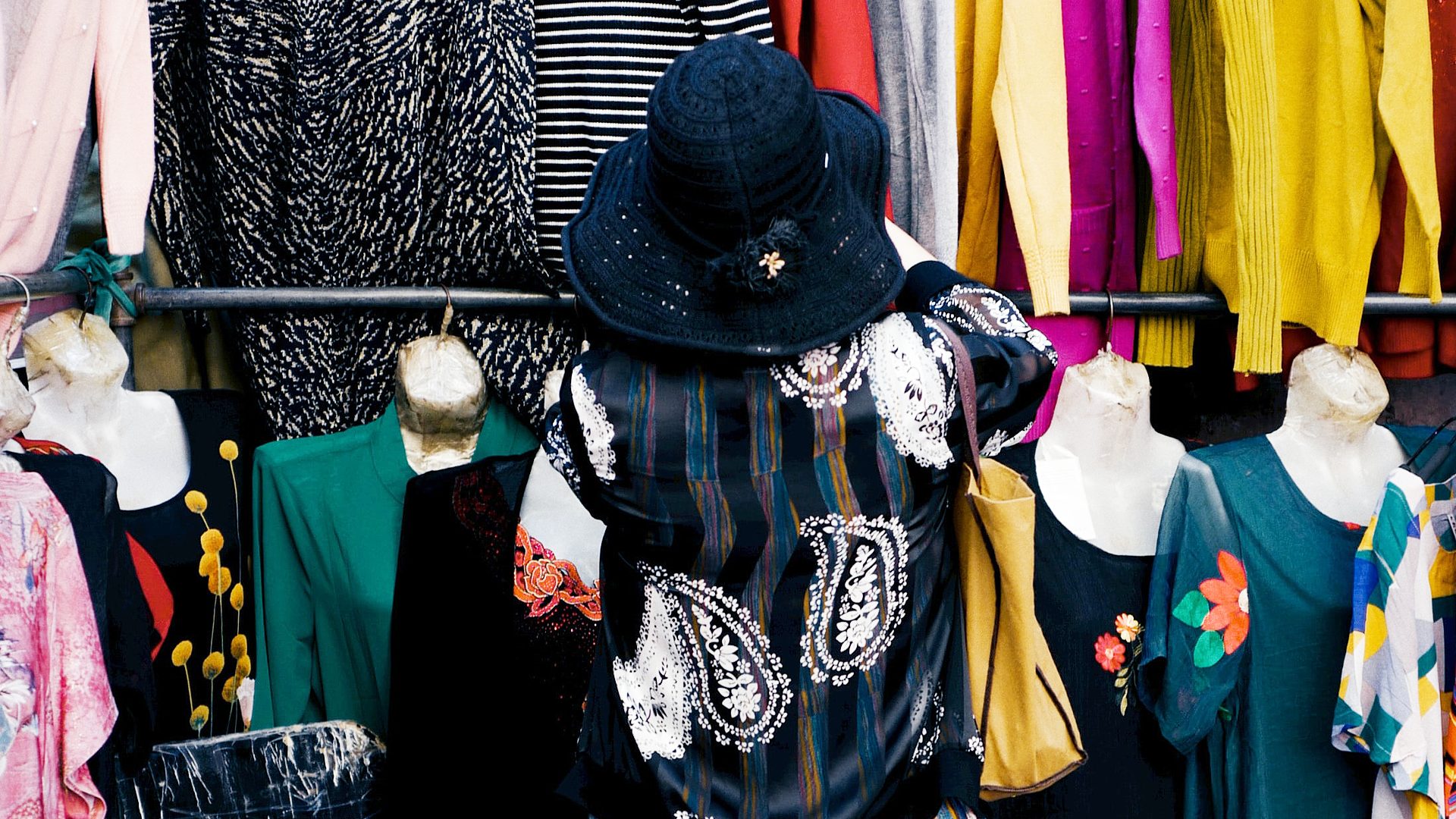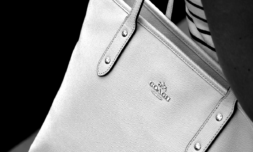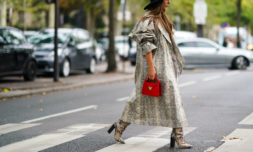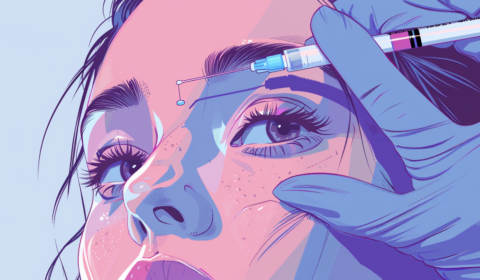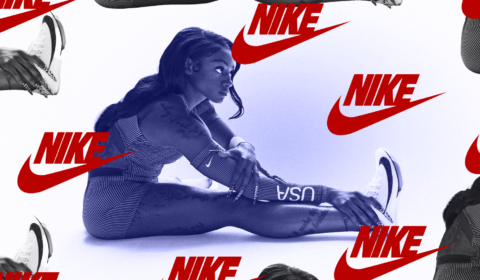One of the designers featured in Loach’s documentary was Ngoni Chikwenengere, a designer and founder of sustainably manufactured womenswear brand We Are KIN.
The company focuses on creating pieces that don’t follow trends, but that are seen as timeless, wearable, and waste-reducing. But it’s not as easy as the brand might make it seem.
‘Funding is so, so hard,’ Chikwenengere says. ‘Especially in fashion, especially as a woman of colour and especially when you have no big money behind you.’
‘Money opens up access and it means I’m going round the long way round to get access to certain things,’ she explains. So how has she stayed afloat and how does she continue to stay motivated in her day-to-day life?
‘Thinking about the planet and the impact I want to leave helps me to commit to a sustainable lifestyle,’ Chikwenengere says. ‘It’s ingrained in how I do things, whether that’s growing my own fruit and vegetables, in my recycling, or in the brands I choose to buy for myself.’
Chikwenengere also lives and breathes by the ideal that people and the planet always come before profit. She believes that in some ways, body positivity and climate change come hand in hand too, and tries to instil that into her brand.
‘If we want a better planet, we need to make sure everyone is catered for,’ she says. ‘If you only make clothing in certain sizes, a whole group of people are missed out – plus, if you’re happier in your body, you are happier and want to do better for the planet.’
Chikwenengere hopes that one day her brand becomes a mainstay staple in the fashion industry. The designer wants it to grow in a way that is manageable, while staying true to the values of people and planet over profit.
What about those who might not be able to afford brands like We Are KIN?
Chikwenengere says buying better doesn’t necessarily mean buying luxury. ‘Go to eBay and Depop,’ she suggests. ‘You can access really good quality clothing that is sustainable and often much better than buying something new.’
In the meantime, textile researchers such as Laetitia Forst are coming up with new methods to make sure individuals of all backgrounds, including children who need new clothes approximately every year, can get the garments they need to stay ‘trendy’ but climate-friendly.
One project Forst worked on was in collaboration with scientists from the Research Institute of Sweden who developed a paper material that can be mixed with corn plastic, made into clothing and partly composted.
‘When you look at the paper industry, and the amount of production it makes every year, but the minimal impact it has on the planet, we could make masses of these clothes that are super environmentally friendly, much faster and a lot more cheaply,’ she says.
‘We can’t all buy cashmere jumpers, and this could be one way to fill that need.’
Forst, who recently moved to London to complete her PhD with the Centre for Circular Design, has joined a pool of emerging researchers looking to develop new textiles to replace the traditional, slow, and polluting materials of the fashion world.
While she has never been a ‘cog in the wheels of the H&Ms of the world’, she currently works on projects with ASOS. The online retailer, according to Forst, is aware it is part of the problem and is willing to be experimented on to start making a change.
She says that the biggest challenge for businesses such as H&M and ASOS is that they rely on supply chains that go across the world, meaning that implementing change across all levels takes a lot longer than those of a team of three to four people.
But charity shops are still not a worldwide concept and the pandemic has made people less inclined to want to share personal items. This is why Forst is also working on a project called Chariocity, dedicated to making charity shops more user-friendly.
‘The pandemic was also a huge problem for that sector because it relies on volunteers and because it was closed for so long,’ she recounts.
‘Bringing charity shops to the surface means we don’t have to sacrifice the unique aspect of going shopping. I don’t really like online shopping for anything, I’d rather preserve the social side that comes way before purchasing items’.
Some ideas proposed include creating maps for customers to follow a charity shop trail and purchase things along the way.
First says that getting to know young people like Loach through the Waterbear documentary is ‘super energising’ and channelling this energy into producing a circular economy could be critical. While we have nine years to radically change everything we know about life, it would be great to look back and see that the human race succeeded at, she notes.
‘Succeeded at rethinking supply chains, ensuring they are no longer exploitative or focused on mono material approaches,’ she says, smiling.
For Gen-Z, that might mean that the key is aligning our approach in activism to that in our everyday life – in how we travel, interact, eat, drink, dress, the list is endless.
For designers such as Chikwenengere, it’s as simple as ‘living a life that is good’. ‘When you start thinking about ethical sustainable living as a day-to-day, moment-to-moment choice, it helps it become ingrained in how you live.’









